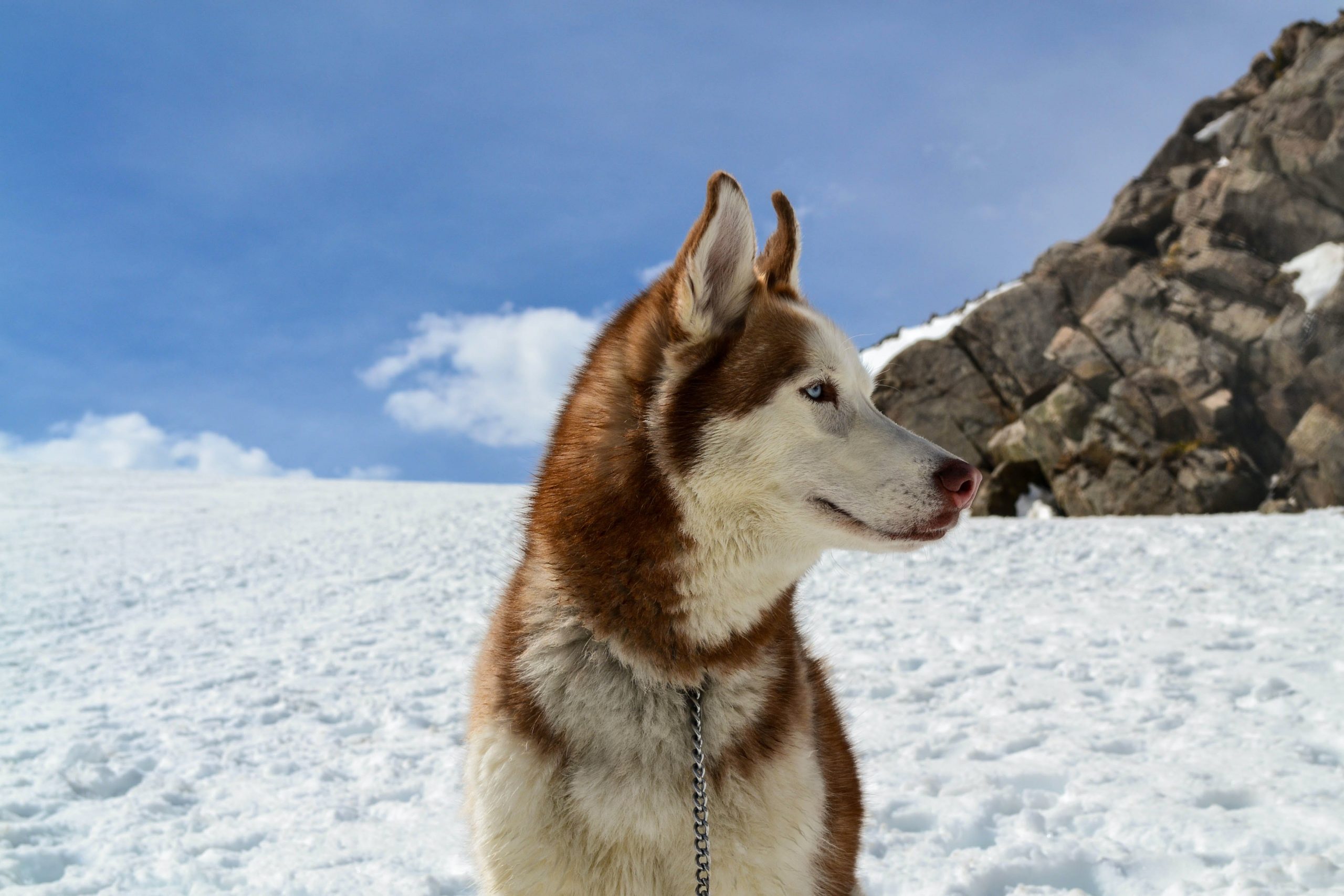Siberian Huskies are a breed admired for their striking appearance and friendly demeanor. They are active, resilient dogs with specific needs that can affect the overall cost of ownership. This article will outline the monthly costs associated with owning a Husky in 2023, from nutritional needs to healthcare, grooming, and more.
1. Food Expenses
Huskies are medium-sized dogs with high energy levels, requiring a balanced diet rich in nutrients. On average, owners can expect to spend $50 to $80 per month on quality dog food. While Huskies are not as large as some breeds, their active nature means they can consume more calories.
2. Treats
Treats are essential for training and as occasional rewards. For a Husky, you should budget $10 to $25 monthly for treats, ensuring they are healthy and appropriate for the dog’s diet to prevent weight gain.
3. Veterinary Care
Routine veterinary care is vital for maintaining a Husky’s health. Monthly costs for check-ups, vaccinations, and preventative medications can average $40 to $60. However, Huskies can be prone to certain genetic health conditions, so additional budgeting for unexpected health care is recommended.
4. Grooming Needs
Huskies have a thick double coat that sheds heavily twice a year. Regular grooming is essential to manage shedding and maintain coat health. Professional grooming can cost $40 to $75 per month, while self-grooming will require investment in the right tools.
5. Training Costs
Training is especially important for intelligent, high-energy breeds like Huskies. Group training sessions can cost anywhere from $50 to $150 for a series, which breaks down to about $15 to $40 per month.
6. Toys and Exercise Equipment
Huskies require a lot of exercise and mental stimulation. Durable toys and equipment like harnesses and long leads for safe running can cost $20 to $50 per month, as they may need to be replaced due to wear and tear.
7. Accessories
Essential accessories for a Husky include a collar, leash, bed, and bowls. Due to their size and strength, sturdier, more durable items are often required, which can cost $30 to $60 per month.
8. Insurance
Pet insurance for Huskies can range from $30 to $70 per month, depending on the plan and deductible. This can be a significant expense but can mitigate the cost of any unforeseen health issues.
9. Miscellaneous Costs
Other costs can include doggy daycare, boarding, and additional health care like dental cleanings or emergency services. Setting aside $30 to $50 per month for these expenses is advisable.
Conclusion
In conclusion, owning a Husky in 2023 can come with substantial monthly costs, estimated between $250 and $500. These costs will vary depending on factors like geographical location, the individual needs of the dog, and the choices an owner makes regarding food, healthcare, and other supplies.
Frequently Asked Questions About The Cost of Owning A Husky
1. How much should I budget for feeding my Husky each month?
Feeding a Husky will typically cost between $50 to $80 per month. This range covers high-quality dog food that is necessary to sustain their energy levels for their active lifestyle. Premium dog food costs can vary based on the brand and the specific dietary needs of your Husky.
2. How much do Huskies spend on treats each month?
You can expect to spend about $10 to $25 per month on treats for a Husky. Treats are useful for training and providing extra nourishment, but it’s important to choose them wisely to maintain a balanced diet and prevent obesity.
3. What are the average veterinary costs for a Husky?
Veterinary costs for a Husky, including regular checkups, vaccinations, and preventative medications, average between $40 to $60 monthly. Potential breed-specific issues may require additional veterinary visits, which could increase these costs.
4. How much will grooming a Husky cost me per month?
Professional grooming for a Husky can cost from $40 to $75 per month, especially during their bi-annual shedding seasons. Regular brushing at home can help reduce this cost, but investment in proper grooming tools will be necessary.
5. What is the cost of training classes for Huskies?
Training classes for Huskies can vary, but you should budget approximately $50 to $150 for a series of group classes. This breaks down to about $15 to $40 per month, an important investment for the well-being and behavior of your dog.
6. How much should I budget for toys and exercise equipment for a Husky?
Budgeting $20 to $50 per month for toys and exercise equipment for a Husky is advisable. They require durable toys and room to run, so high-quality items that can withstand their level of activity are essential.
7. What kind of accessories will I need for my Husky, and how much will they cost?
Necessary accessories for a Husky include a strong leash, a sturdy collar or harness, and a comfortable bed, which can cost $30 to $60 monthly. These items may have an initial higher cost, but durable products are a wise long-term investment.
8. Is pet insurance for a Husky worth it, and what are the costs?
Pet insurance for a Husky can be particularly beneficial, given their propensity for certain health conditions, and can cost $30 to $70 per month. The price depends on the insurance plan’s coverage and deductible.
9. Are there any additional costs I should be aware of when owning a Husky?
Additional costs for owning a Husky can include emergency vet visits, doggy daycare, or specialized training, which can add $30 to $50 to your monthly budget. Also, consider the cost of replacing items like chewed-up toys or worn-out accessories.
10. Can I find ways to reduce the cost of owning a Husky without compromising their care?
To reduce the cost of owning a Husky, consider buying food in bulk, investing in quality accessories that last longer, and performing regular grooming at home. Keeping up with preventative health care can also reduce the likelihood of expensive veterinary treatments in the future.

 Toledo, United States.
Toledo, United States.